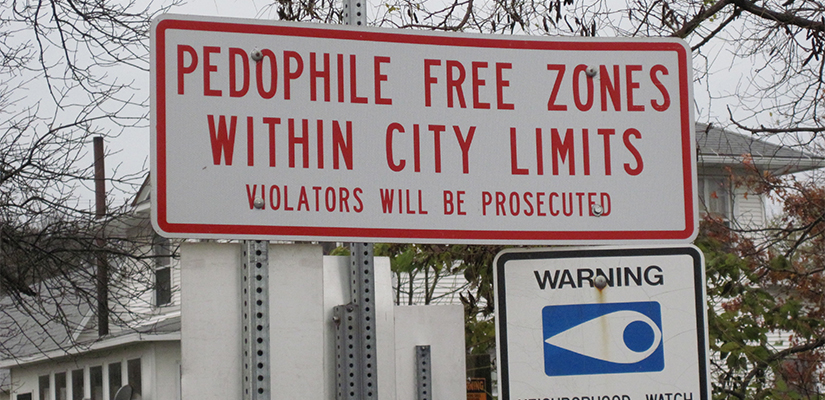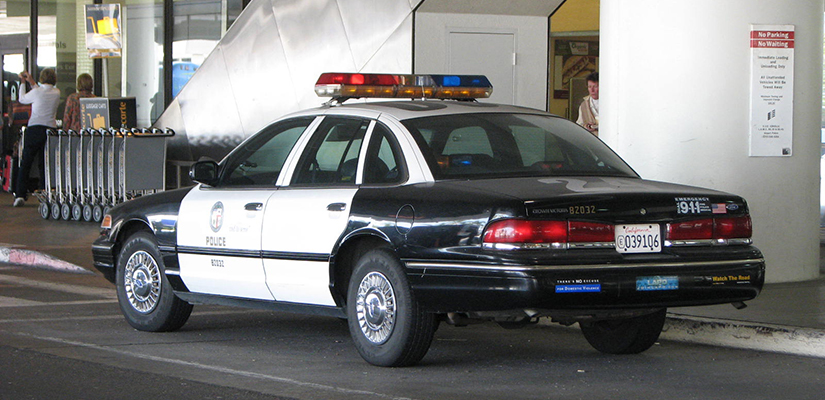Part II – Certificate of Rehabilitation
Did you know that, if you are registering as a sex offender in California pursuant to Penal Code section 290, that you might be able to go back to court and get a judge to relieve you of your obligation to register without having to seek and obtain a full pardon from the governor?
Our office has found that many judges, district attorneys, and other defense attorneys are not familiar with this loophole in California’s sex offender registration statute. While judges and attorneys will inform defendants at the time of the plea and sentence that sex offender registration is a “lifetime” requirement, few will inform defendants that, in many cases, “lifetime” does not necessarily mean “for life.”
Penal Code section 290.5, subdivision (a), provides that persons who are required to register as sex a offender because of certain specific sex crime convictions, may be relieved of their obligation to register as sex offenders if a judge of the superior court grants a “certificate of rehabilitation” to the sex registrant (Pen. Code, § 4852.01). Of course, extremely serious sex crimes, such as a sexual abuse of a child conviction, particularly if the child is under age 14, Penal Code section 288.5, are not eligible for this form of relief. However, surprisingly, there are numerous potentially serious sex crimes to which this rule applies, such as, for instance, sexually penetrating a minor with a foreign object, Penal Code section 289, subdivision (h), enticing a minor to engage in prostitution, Penal Code section 266, and engaging in sexual intercourse, oral copulation, sodomy or penetration where the consent for the act was procured by fraud to create fear, Penal Code section 266c. As will be discussed more in the next part of this series, persons who are not eligible to be relieved of their duty to register as a sex offender may still be able to be relieved if they apply for and receive a full pardon from the governor.
To obtain a certificate of rehabilitation, a certain specified period of time (called a “rehabilitation period”) must have past from the date when the person was either released after serving his or her sentence, or released on probation or parole. The rehabilitation period varies depending upon the nature of the conviction, with some crimes having a longer rehabilitation period than others. Additionally, the statute has certain “residency” requirements that must be met – that is, the applicant must be a California resident for a specified period of time after the applicant is either released after serving his or her sentence, or released on probation or parole. Furthermore, the applicant, during the “rehabilitation period,” must “live an honest and upright life, shall conduct himself or herself with sobriety and industry, shall exhibit a good moral character, and shall conform to and obey the laws of the land.” (Pen. Code, § 4852.05). Interestingly, the petition must be filed in the county where the petitioner resides, and NOT in the county where the crime occurred. (Pen. Code, § 4852.06).
Put simply, to be relieved of your obligation to register as a sexual offender through a “certificate of rehabilitation” it must first be determined that your conviction qualifies for this form of relief, and, thereafter, it must be determined if you are eligible, under the law, for a certificate of rehabilitation. These determinations should only be made by a qualified and experienced California felony sex crime defense attorney. At Wallin & Klarich, we have been dedicated to aggressively representing those charged with or convicted of sex crimes for nearly 30 years, so, if you or a loved one are registering as a sex offender in California and you want to see if you or your loved one qualifies to be relieved of the obligation to register as a sexual offender under California’s “certificate of rehabilitation” statute, contact us right away for a free and confidential consultation. Call us at 888-749-0034 and visit us at www.wklaw.com.



